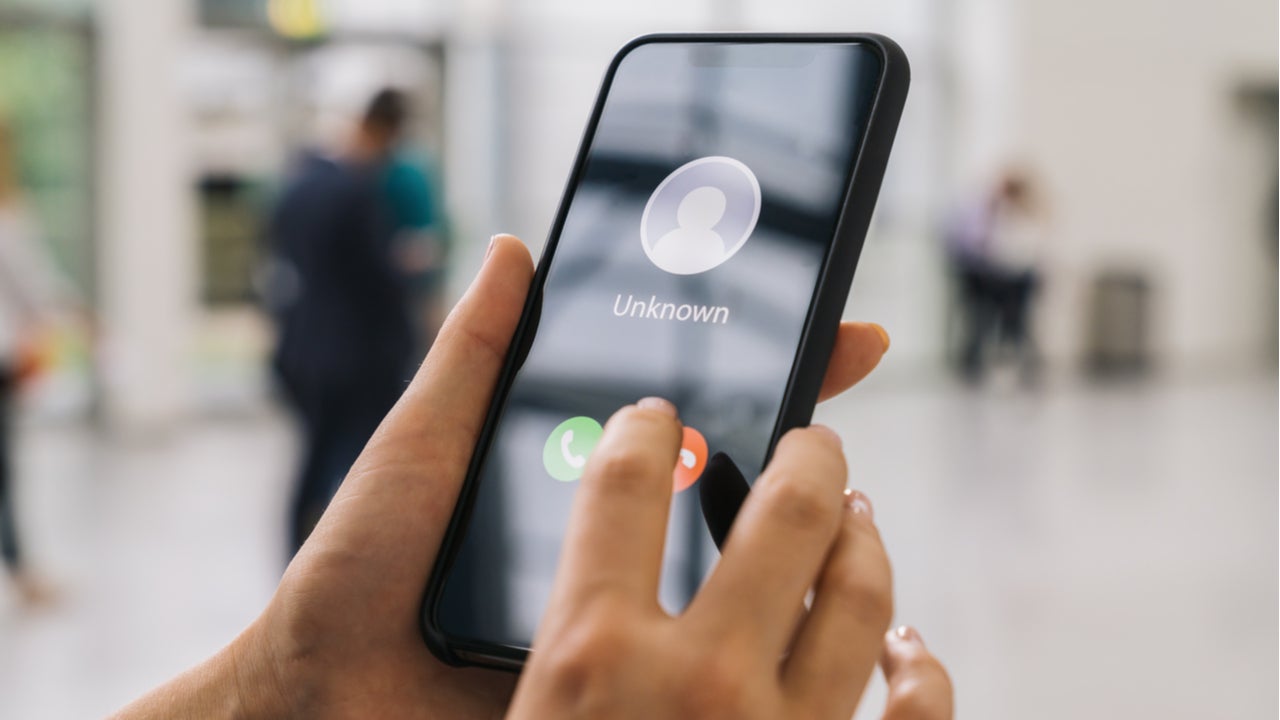
A newly developed national anti-fraud app in China has recently become the country’s most downloaded app, following an aggressive state-sponsored promotion campaign.
Officially named the “National Anti-Fraud Centre”, the app was developed by the Criminal Investigation Bureau of the Ministry of Public Security to “combat and prevent telecommunications network fraud”.
The app can filter spam calls and warns users of incoming phone calls from abroad. It also functions as a scam database, whereby users are prompted to “report suspicious content” to help prevent crimes in advance. Users can upload evidence of fraudulent claims directly using their smartphones.
The official website of the Beijing Municipal Public Security Bureau also points out that individuals can use the app to learn about the latest fraud tactics. The website does not explain how fraud and scam claims are verified, though.
Following an aggressive government push for people to download the software, it reached the top ten most downloaded apps on the Apple store, according to app Annie. Over the weekend, it also topped the Xiaomi app market, one of China’s Android app stores.
The surge in its popularity was largely due to social media platforms like Douyin, China’s equivalent to the short-video sharing platform TikTok, and its rival Kuaishou Technology.
How well do you really know your competitors?
Access the most comprehensive Company Profiles on the market, powered by GlobalData. Save hours of research. Gain competitive edge.

Thank you!
Your download email will arrive shortly
Not ready to buy yet? Download a free sample
We are confident about the unique quality of our Company Profiles. However, we want you to make the most beneficial decision for your business, so we offer a free sample that you can download by submitting the below form
By GlobalDataA police officer named Chen Guoping further popularised it by co-hosting live-streaming sessions with other influencers on these platforms. The feature is named “lianmai”, or “connecting mics”, a popular function where two broadcasters are randomly paired and talk on one screen to the watchers of both, which helps promote both channels.
Scams in China
Fraud and scams have been a persistent problem in China. Often these crimes involve phone calls, whereby fraudsters impose government officials urging victims to transfer a sum of money or face legal consequences.
According to data released by the Economic Crime Investigation Bureau of the Ministry of Public Security, in 2020, law enforcement across China uncovered over 256,000 telephone fraud cases and arrested more than 263,000 criminal suspects. The sum of money involved exceeded 120bn yuan ($18.6bn).
The report also pointed out that financial frauds are mutating in their complexity and widening in scope. With the growing penetration of internet users in China, scams are now increasingly taking place online. Moreover, cases are more frequently tailored to specific individuals.
Given the growing problem and China’s recent tough stance on regulating the internet, lawmakers have introduced new rules targeting fraudsters.
The new app is promoted as a tool that uses crowdsourcing to detect scams more effectively and on a larger scale. According to Liu Zhongyi, the head of the Ministry’s criminal investigation department, the app led to the arrest of 154,000 suspects involving 114,000 cyber fraud cases from January to May.
However, many people were unhappy with the forceful rollout of the app. Netizens expressed their irritation on social media, claiming that their workplace or schools forced them to download the app. Questions about how to delete the app and whether personal data would be kept after deletion were trending on social media.
People also discussed how law enforcement officers were patrolling public and residential areas, “forcing” people to download the app.
“It’s a piece of software, yet it’s being pushed by government officials. The entrance to our apartment block is being restricted, and they are making people download the app,” a user wrote on a Chinese forum.
The intrusiveness of the app has also raised concerns about privacy. The app is rated 2.3 out of 5 on Apple’s App store, with many complaining about connectivity issues, mistakenly intercepted phone calls and concerns about leaks of personal information.







